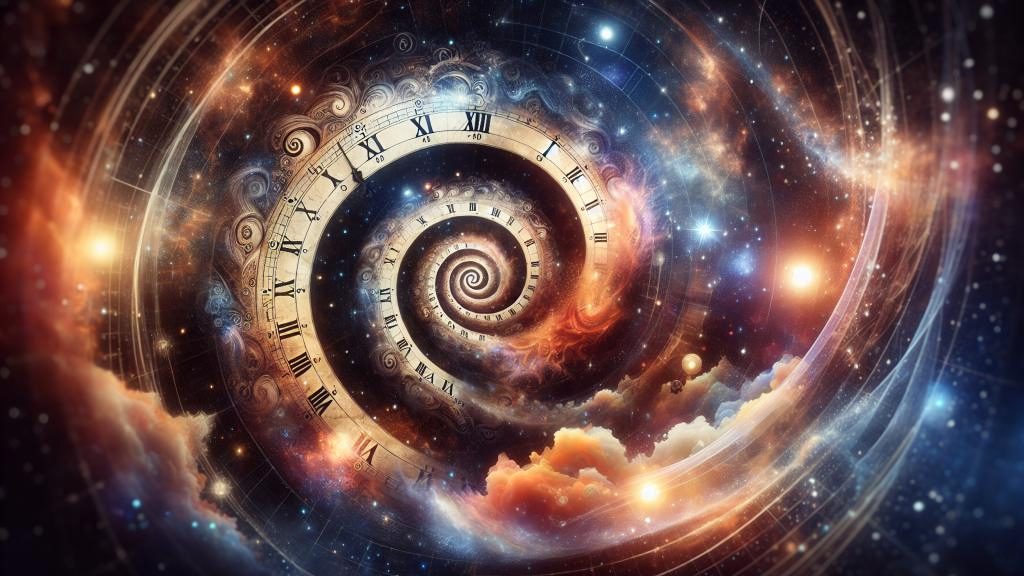Are you Millennial or Gen Z?
Are you Millennial or Gen Z? Or maybe Gen X or Boomers II ? What is it all about ?
Dr. Alexis Abramson, PhD is a world renowned Generational Expert and the leading Global Authority on the Millennial, Gen X, Gen G, Caregiver and Boomer Consumer. Dr. Alexis is a motivational speaker, a corporate consultant, a distinguished author and Emmy award-winning entrepreneur and journalist.
Her dedication to serving millennials, baby boomers, mature adults, and caregivers has been highlighted in numerous national publications, such as TIME, Forbes, the Wall Street Journal, Entrepreneur, and People magazines. Among her esteemed clientele are Duracell, the Arthritis Foundation, Harvard, Sanofi, L’Oreal Paris, Philips Electronics, Siemens, COMCAST, BMO Private Bank, Golden Door Spa, Kimberly-Clark, the American Automobile Association (AAA), Beltone, the National Golf Foundation, Kroger, Procter & Gamble, Century 21, AARP, Humana, Northwestern Mutual, Subway, Genworth, Walmart and many others.
Generations defined by name, birth year, and ages:
Generations Born Current Ages
Gen Z 1997 – 2012 12 – 27
Millennials (Generation Y or Gen Y) 1981 – 1996 28 – 43
Gen X 1965 – 1980 44 – 59
Boomers II ( Generation Jones) 1955 – 1964 60 – 69
Boomers I 1946 – 1954 70 – 78
The Silent Generation 1928 – 1945 79 –96
Generation Z
Gen Z’s role is shaping the digital economy, they are eager to maximise the opportunities afforded by digital learning tools. They have been born and raised in a world with internet connectivity since day one. Gen Z youth value self-care and are concerned about their mental health. They perceive their mental health as being influenced by the chaotic state of global affairs, they have absorbed the turmoil related to critical issues such as gun control, police brutality, and climate change. The economic impact of COVID-19 has been devastating, triggering the deepest global recession in modern history.
Characteristics of Gen Z
- neo-digital natives
- ambitious
- agile mindset
- creative
- logical
- passionate about ethical consumption
- independent thinkers
Millennials (Generation Y or Gen Y)
The term was initially introduced in the book "Generations" (1991) authored by William Strauss and Neil Howe, who believed it was a fitting designation for the inaugural generation to attain adulthood in the new millennium. Having grown up surrounded by advanced technology – they were the 1st generation of 'digital natives'. Dr. Abramson thinks this makes them extremely self-sufficient, as they no longer have to rely on others to solve their problems or teach them things - they have the internet for that. A common millennial motivational speaker topic is the “Schrodinger’s Millennial” paradox which states; you need money to get a degree, a job to get money, experience to get a job, but you can’t get experience without a degree.
It explains why many millennials feel frustrated and are anxious about what their future holds.
Characteristics of Millennials:
- being empathetic
- health, spiritually ,financially conscious
- questioning authority
- passion for learning
- creative
- collaborative
- supportive
- good work–life balance
Generation X
The “latchkey generation” is now raising teenagers in a manner that could be described as "compensatory," addressing the insufficient attention they experienced from their own parents. These Generation X individuals not only became highly engaged parents, but they also perceive their children as extensions of their own identities. They grew up with higher divorce rates amongst their parents and more two-income households. They have witnessed significant geopolitical and economic transformations. Having been born during the Cold War, they have observed the collapse of the Berlin Wall, the AIDS epidemic, the global financial crisis. Throughout their professional careers, they have endured several economic recessions.
Characteristics of Gen X:
- self-reliant
- flexible
- independent
- “can do” spirit
- very focused on family and personal life
- critical thinker
- value work-life balance
- prefer a casual workplace
Baby Boomers
The phrase "baby boomer" is associated with the significant increase in population that took place in the United States after World War II.
Although the term "boom" had been commonly employed to characterize this remarkable rise in birth rates as soldiers returned home, it was not until January 1963 that the expression "baby boomer" was introduced in article by Leslie J. Nason in the Daily Press.
The arrival of the baby boomer generation marked the conclusion of 16 years characterized by economic depression and conflict, America was ready for a new start. In Europe and North America, a significant number of baby boomers reached adulthood during an era characterized by rising prosperity and extensive government support for housing and education following the war. They developed a sincere belief that the world would progressively become better over time.
In China, boomers lived through the Cultural Revolution and were affected by the one-child policy during their adulthood.
Characteristics of Baby Boomers:
- strong family values
- goal-oriented
- disciplined
- strong work ethic
- self-sufficient
- committed
- competitive
- resourceful
The Silent Generation
This period extends from the beginning of the Great Depression to the end of World War II. They are also known as “Radio Babies” or “Traditionalists.”
The term “Silent Generation” mainly refers to people living in America, but in various regions across the globe, conflict and economic difficulties resulted in comparable traits and behaviours among individuals born during this period. The low birth rate of The Silent Generation was due to the uncertainty and difficult conditions of the time and people didn't feel like starting families and raising children.
Characteristics of Silent Generation:
- respectful
- loyal
- hardworking
- disciplined
- traditional
- cautious





















